Meet Muyan Pei | Video Artist
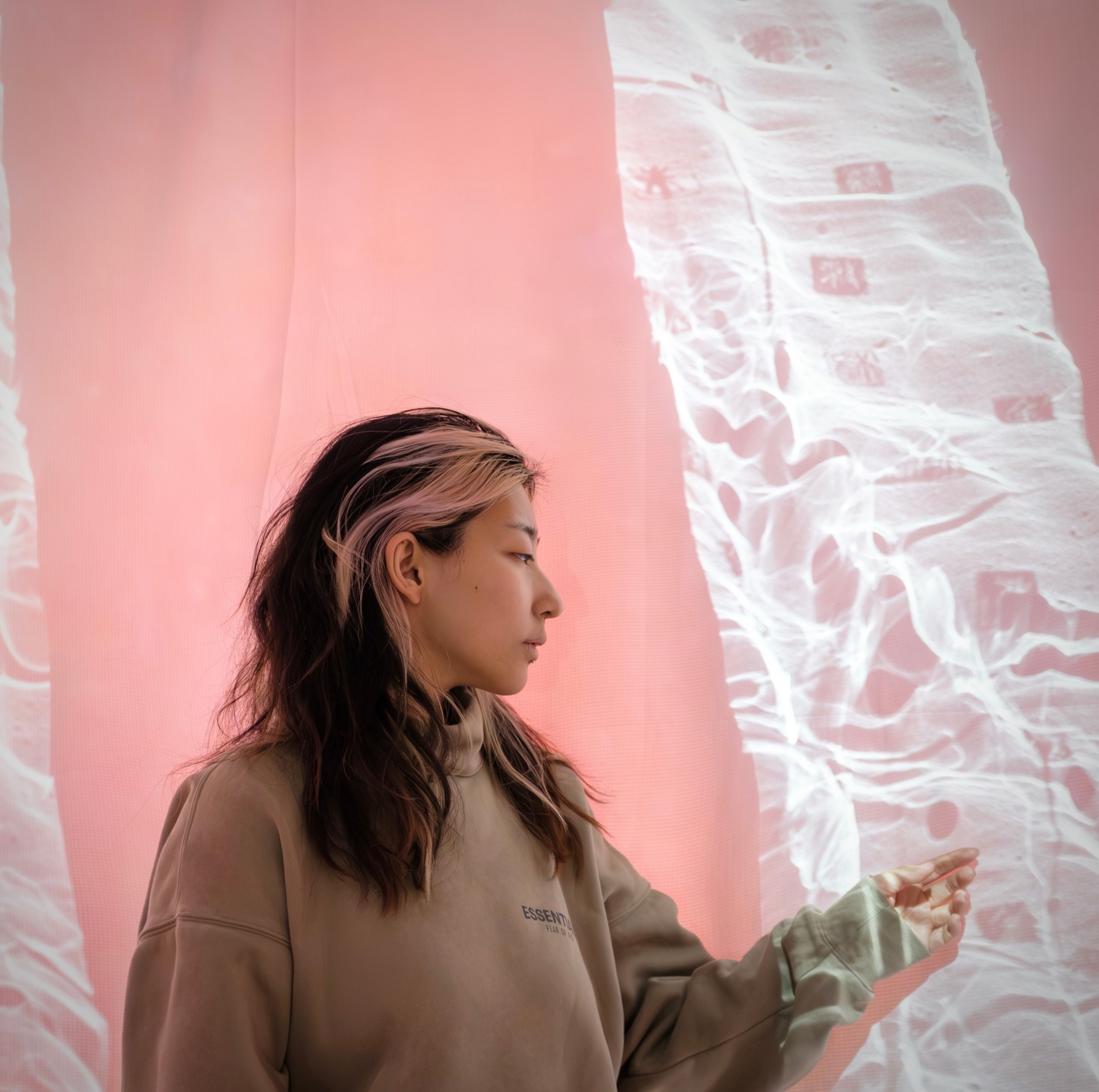
We had the good fortune of connecting with Muyan Pei and we’ve shared our conversation below.
Hi Muyan, what inspires you?
The emotional connections among women have always been a wellspring of inspiration for me. Throughout various moments in my life, the female members of my family have provided me with immense support and guidance, both practically and emotionally. Without their unwavering support, I may never have had the opportunity to embark on my artistic journey. Their life stories and the emotional bonds they share have consistently moved me deeply. My primary source of inspiration stems from observing how, within the framework of patriarchal society, they perceive their own lives and make decisions that have the potential to influence future generations.
Growing up in a household composed solely of female members, I have had the privilege of living alongside my mother and grandmother, sharing our innermost thoughts and experiences. Both my mother and grandmother have achieved independent lives and careers through their own efforts, overcoming numerous challenges and obstacles along the way. My grandmother hails from a region of significant poverty, yet through diligent study, she managed to break free from the cycle of poverty, securing her independence. Consequently, she held high expectations for the education of her children, supporting them in their endeavors to explore the world through education. My mother, as a fully independent career woman, made the decision to allow me to carry her surname (a practice still relatively uncommon today), which remains one of the most precious gifts she has ever given me. While they may consider their life stories to be ordinary anecdotes from everyday life, to me, they are shining examples of courage and resilience.
Armed with an education in the arts gained in the United States and a comprehensive understanding of feminist theory, I began to collect fragments of their lives, transforming them into artistic expressions. My visual installation interactive exhibition, “VEILED, SEALED 氏,” emerged from my contemplation on the significance of my mother’s decision to allow me to carry her surname. This work delves into the profound impact of surnames on women within patriarchal societies and examines how women assert their identity within the constraints of their surnames. Furthermore, my forthcoming project, “琦 JADE,” finds its inspiration in my grandmother’s journey. It explores how she transformed not only herself but also the destiny of our entire family through her pursuit of education and personal growth.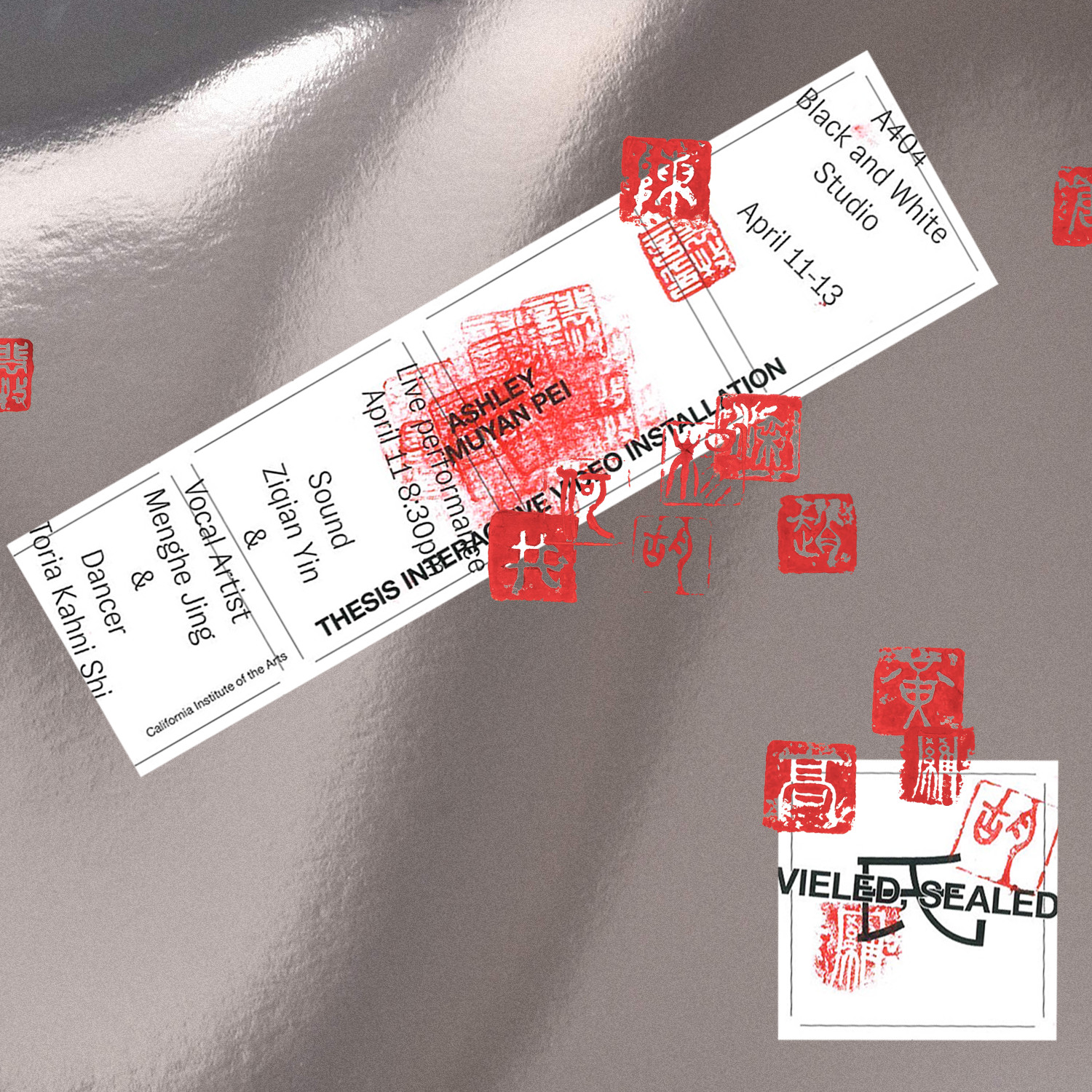
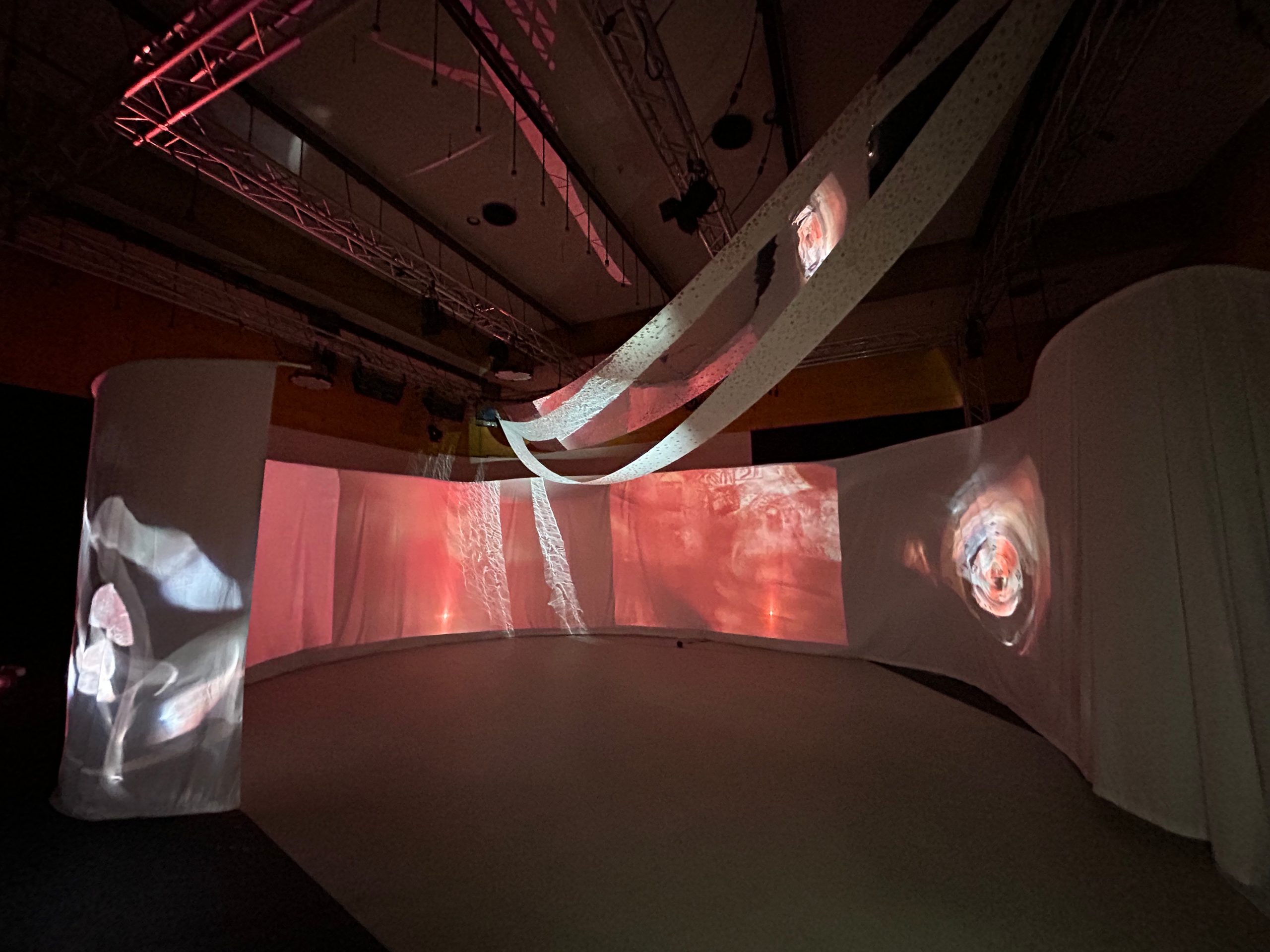
Alright, so let’s move onto what keeps you busy professionally?
As someone who has grown up in an artistic environment, I have always been exploring different ways of expression and creating based on that. My art stems from an impulse to express. During my childhood, I was always encouraged to read a lot of literary books, and extensive doodling in literary books was my artistic enlightenment. I still remember the feeling of drawing between the lines of text, an impulse to express driving me to continuously move my pencil, gradually reproducing the world in my mind on paper.
At the age of 13, I entered a professional art studio to study painting. However, as I truly entered this field, what I needed to face was a large amount of repetitive practice. In such training, skill was the premise of everything, the impulse to express gradually faded away in this mechanized training. Since then, that has been my pursuit for a long time. After gaining skills in painting and calligraphy, I gradually returned to the track of creation, continuously creating different themes and content. However, that surging desire for expression never returned – until one afternoon in 2020.
After celebrating my 23rd birthday party with friends, I experienced a transformative experience on my way home, which was also the beginning of the “Philadelphia Diary” project – I witnessed firsthand my beloved city, Philadelphia, undergo a profound transformation due to societal ruptures.
People were graffitiing “Fuck 12” on the streets, storefronts and bank windows were smashed, fires burned on the roadsides, police cars clashed with crowds, and amidst the chaos, there was a constant outpouring of fear and anger. It was as if Pandora’s Box had been opened. When I stood on the streets, watching young African American boys asking police officers of the same ethnicity, “How do you feel?!” The emotional impact forced me to pick up my camera and begin documenting everything I saw.
As events escalated, I repeatedly ventured out of the confines of my home to document one protest after another. The BLM movement, the killing of Walter Wallace Jr, the showdown between Biden and Trump – residents of Philadelphia gathering time and again on the streets, raising their voices in the eye of the storm – I had no other choice but to wield my camera. I began to realize the limitations of my previous perspective: what I witnessed was not merely cultural differences but also profound societal rifts and conflicts, and whether it was racial discrimination or social injustice, they were not the patents of any specific country or culture but global issues. These experiences compelling me to reevaluate my position and role.
Subsequently, I finally rediscovered the true motivation for my creative pursuits and, driven by this newfound impetus, began to articulate my unique voice. The process of creating documentaries not only left an indelible mark on my memory but also underscored the profound power of critical thought and self-expression. As individuals with divergent viewpoints gathered at Philadelphia City Hall, the resounding chants from those gatherings still echo in my ears to this day. Emboldened by this experience, I turned my gaze toward different fields, sharing my ideas and encouraging viewers to engage in critical reflection.
During my exploration of Chinese seal carving art, I meticulously copied numerous seals, each representing various historical fragments and possessing unique significance. In traditional Chinese artistic discourse, seals symbolize ownership itself. For instance, when a collector purchases a painting, they would directly imprint their seal onto the painting to signify their ownership at that moment. Over time, the painting would accumulate multiple seals, each marking a different stage of ownership. Immersed in this cultural milieu, I embarked on a search that led me to a seemingly obvious yet profoundly significant realization: women were conspicuously absent from the domain of seal ownership.
In contemporary society, where seals are considered quintessential symbols of identity, the practice of seal ownership predominantly excludes women. Apart from queens, a select few female literati, and famous prostitutes, this aspect of cultural expression remains largely inaccessible to women. From birth, women are assigned their father’s surname, which is then replaced by their husband’s surname upon marriage. Subsequently, their children adopt their husband’s surname at birth. Behind this seemingly routine process of surname transmission lies a deeper societal narrative in which women are continually stamped with the imprint of their surname, akin to the act of imprinting a seal onto a painting to assert ownership. This practice symbolizes the entrenched patriarchal structures that govern women’s lives, perpetuating a cycle in which they are incessantly “owned” and defined by their familial lineage.
As one of the few individuals who inherited their mother’s surname, my research into this phenomenon afforded me a glimpse into the inherent problems perpetuated by the paternal inheritance of surnames. Women do not need seals because they are systematically relegated to the position of being stamped. In the process of surname inheritance, how do women, who are continually subjected to this practice, assert their own identity? It is as though they stand before a mirror covered in a myriad of surnames, their faces and bodies obscured by a deluge of red stamps. In light of this realization, what steps must we take to effect meaningful change?
I encapsulated my reflections on the concept of surnames within patriarchal frameworks and women’s self-definition in the visual installation interactive exhibition titled “VEILED, SEALED 氏.” This exhibition was held sequentially in Los Angeles and Tokyo, in April and May of 2024.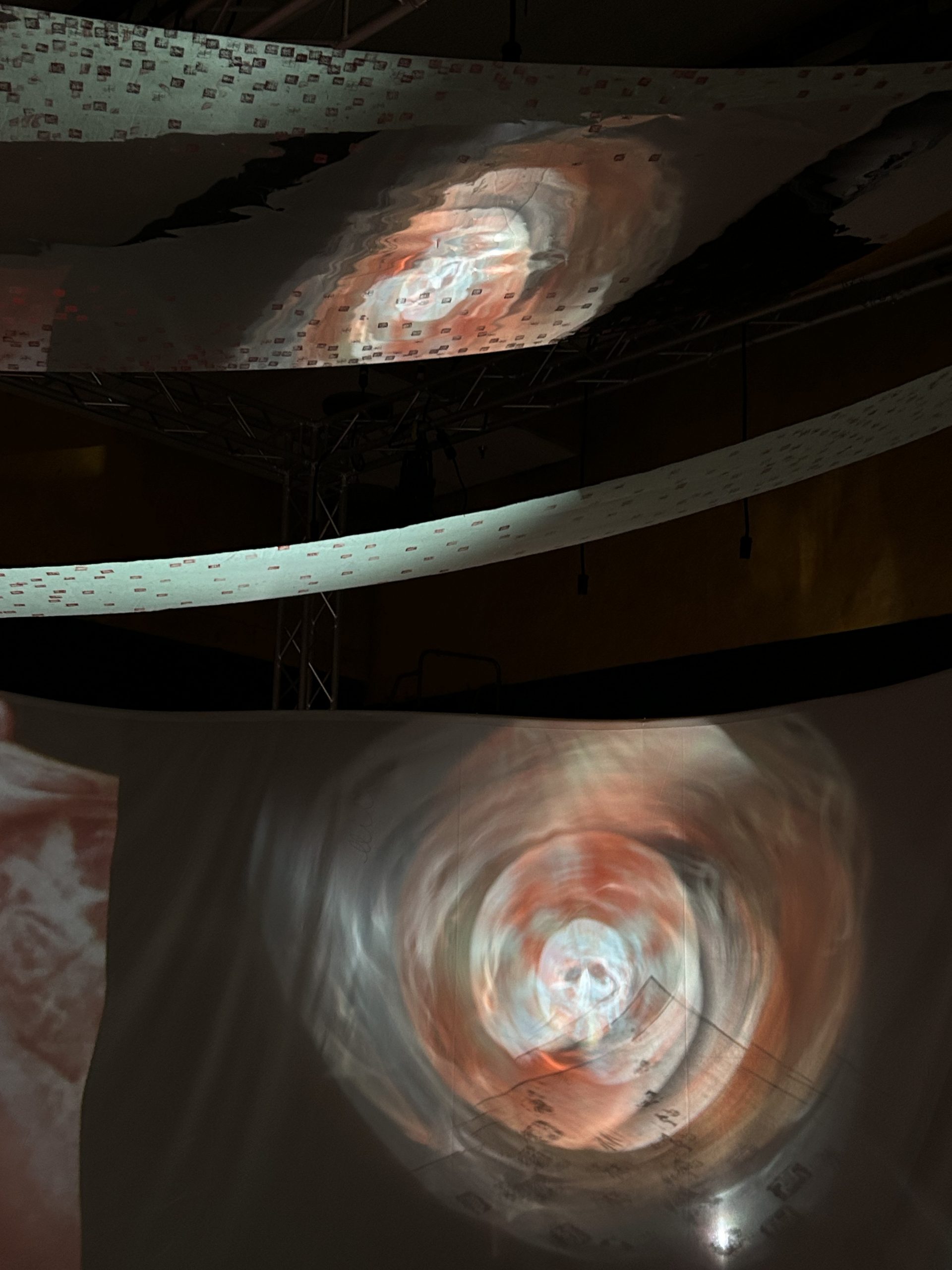
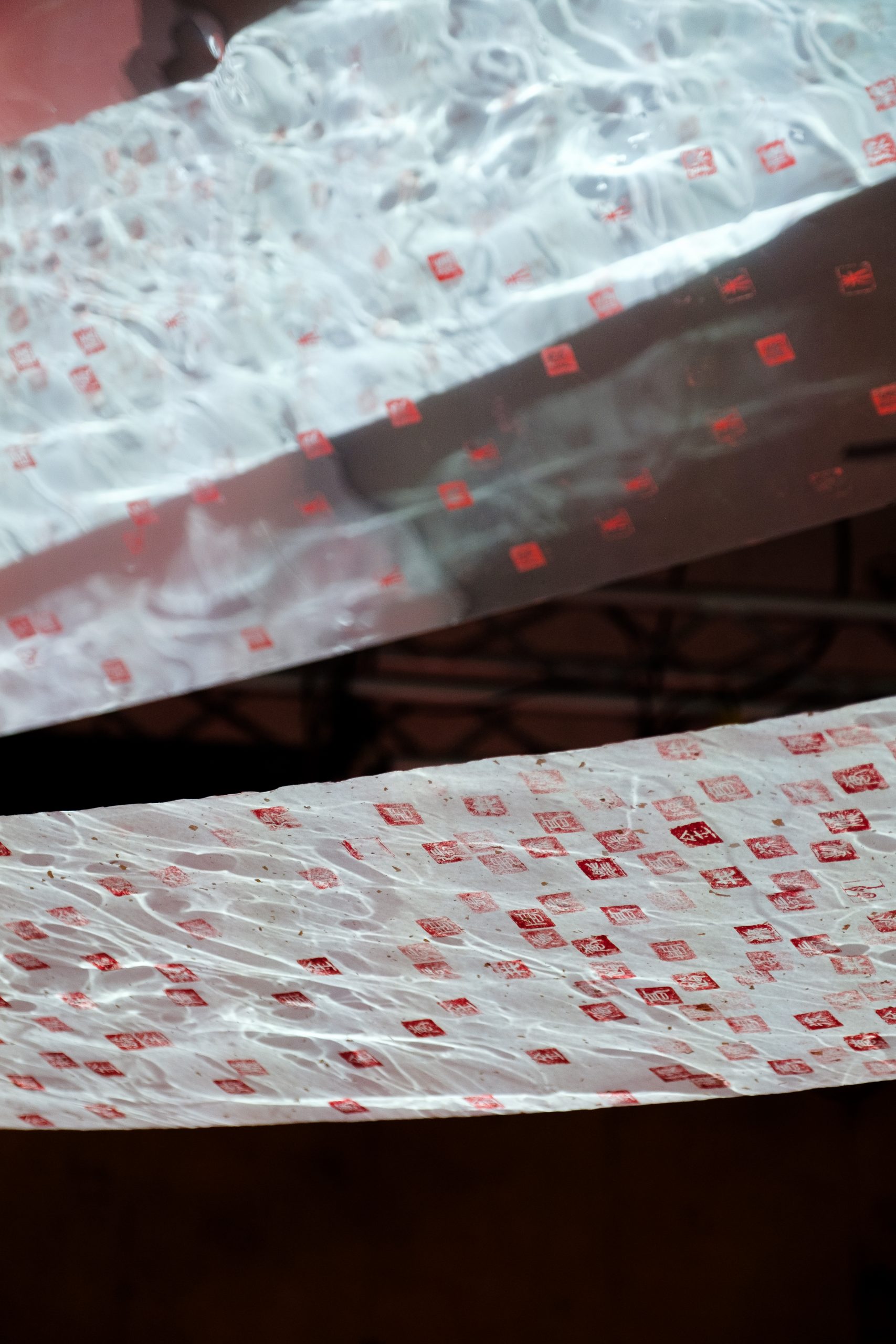
If you had a friend visiting you, what are some of the local spots you’d want to take them around to?
When I first pondered this question, it took me a considerable amount of time. Los Angeles is a city of rich diversity, but if I had to choose one particular place in the entire city, I would unequivocally select the Museum of Jurassic Technology. I can still vividly recall the feelings I had when I first visited this museum. The exhibits there are both exquisitely crafted and bizarre, with texts that weave a mysterious tapestry of truth and fiction, blurring the lines between reality and fantasy. It feels as though this is a convergence point of different universes, and I find it difficult to accurately express the surprise and awe this place instills in me. Despite the museum’s outward appearance of quietude, gravity, and unassuming nature, it does not diminish the immense power it exudes. This is also one of the reasons why I want to share this place with my friends.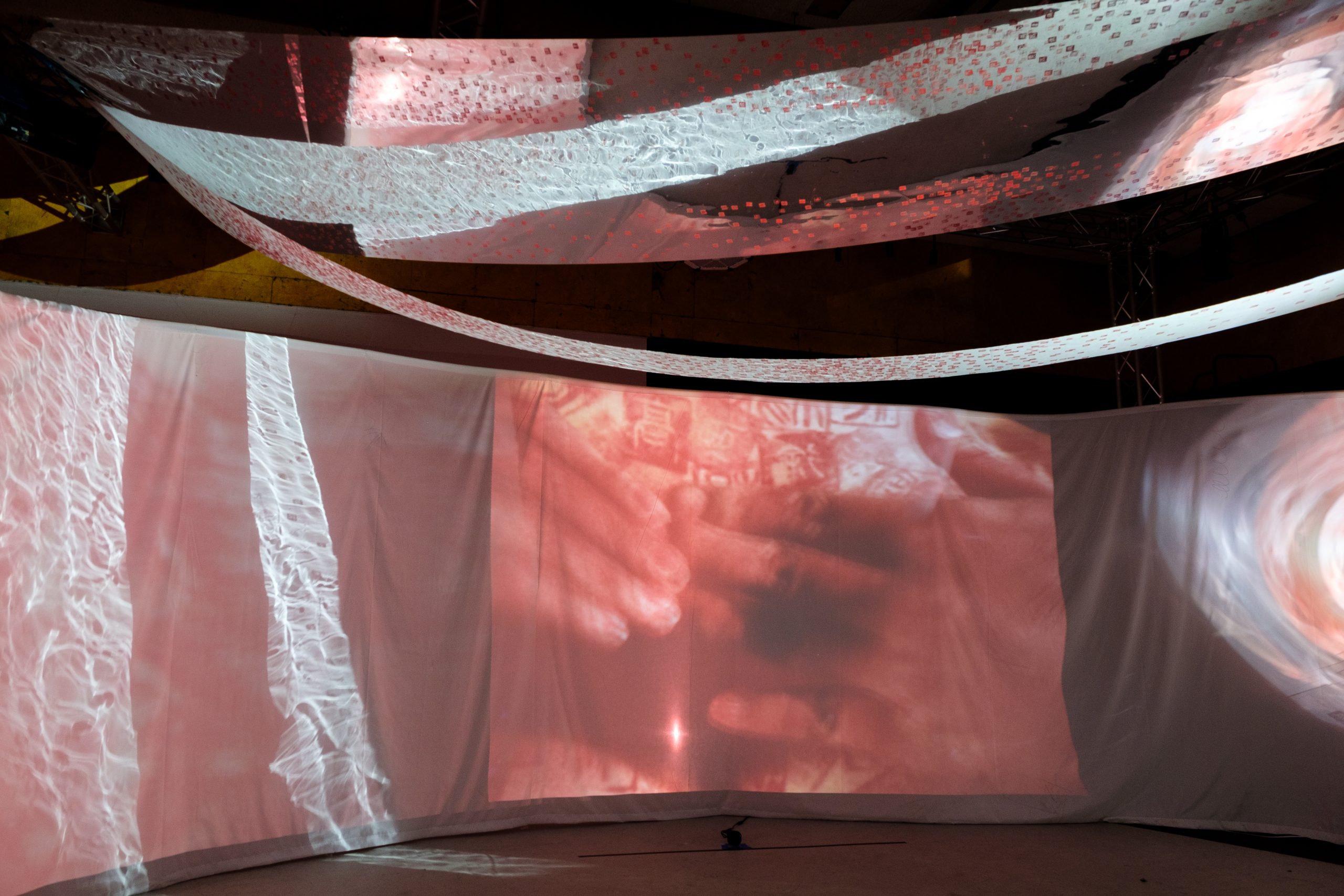
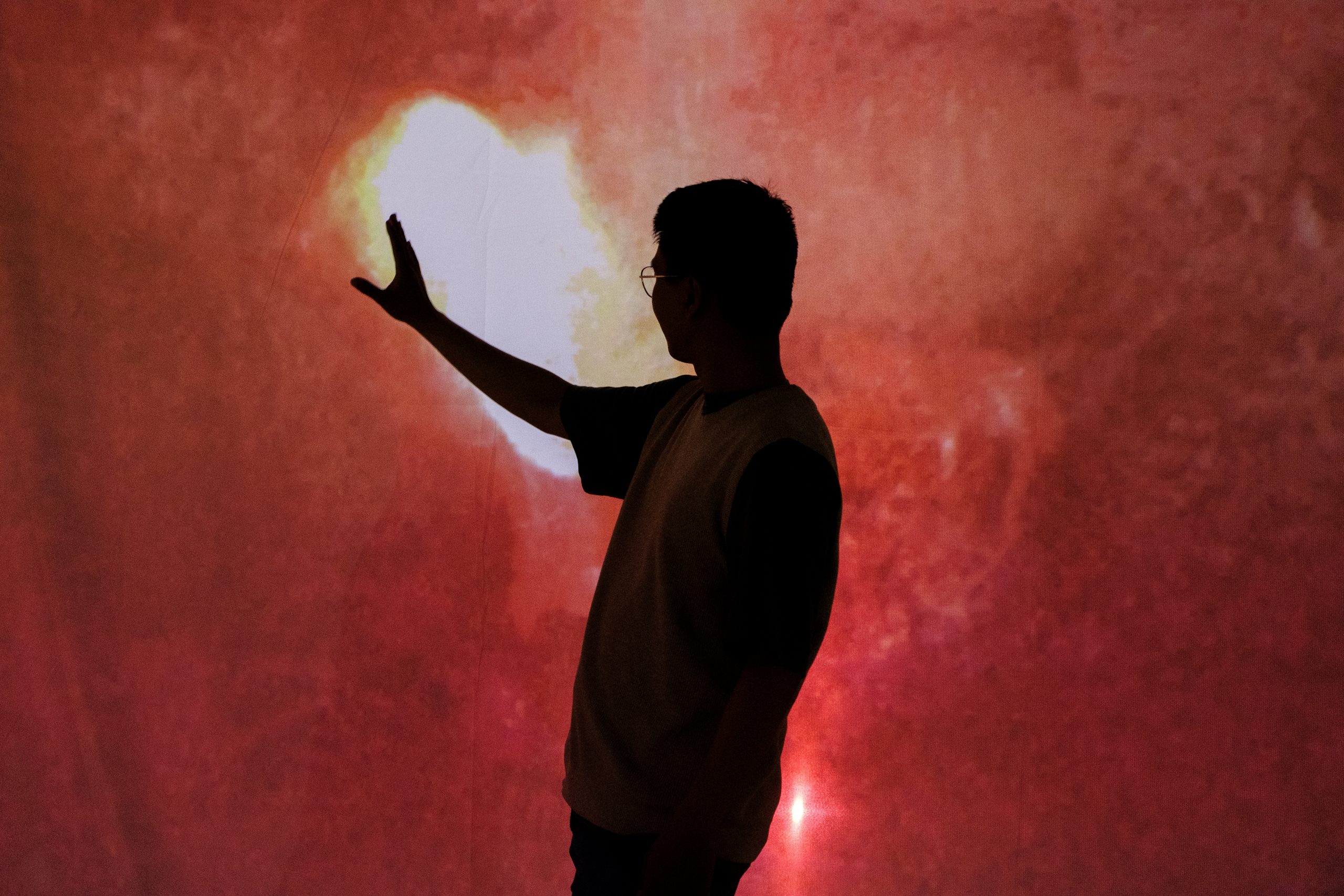
The Shoutout series is all about recognizing that our success and where we are in life is at least somewhat thanks to the efforts, support, mentorship, love and encouragement of others. So is there someone that you want to dedicate your shoutout to?
As I shared earlier, I am deeply eager to take this opportunity to shout out to my grandmother. Reflecting on my life experiences, I realize that I have encountered numerous forks in the road, and each choice has led me down different paths and directions. However, all of these choices are built upon one decision my grandmother made, and that is her choice to pursue an education.
In the era and environment she lived in, opportunities for women to receive an education were extremely limited. Many girls would drop out of school after completing fifth grade, transitioning into another phase of life, entering into marriage and motherhood. This phenomenon was widespread and a harsh reality of the time. However, in such challenging circumstances, my grandmother maintained excellent academic performance. Even after her parents decided to withdraw her from school, she actively fought for the opportunity to return to the classroom. She soon earned admission to a teacher’s college, leaving behind her impoverished hometown.
When my grandmother decided to continue her education and fought against the entire family to do so, she changed not only her own destiny but also that of my mother and me. Whenever I discuss with my grandmother the impact her decision has had on my life, I feel immensely grateful. I can’t help but wonder what my life would be like if she hadn’t chosen to continue her studies—perhaps everything would be completely different. However, as I sit in classrooms, sharing knowledge with people from around the world, understanding art, and engaging in creative endeavors, I sincerely thank her for her willingness to make such an important decision for herself and for us.
For her, it may have been just a decision made in the moment, but that decision undoubtedly changed our lives. Her courage and determination opened up new possibilities for us, allowing us to lead richer and more colorful lives.
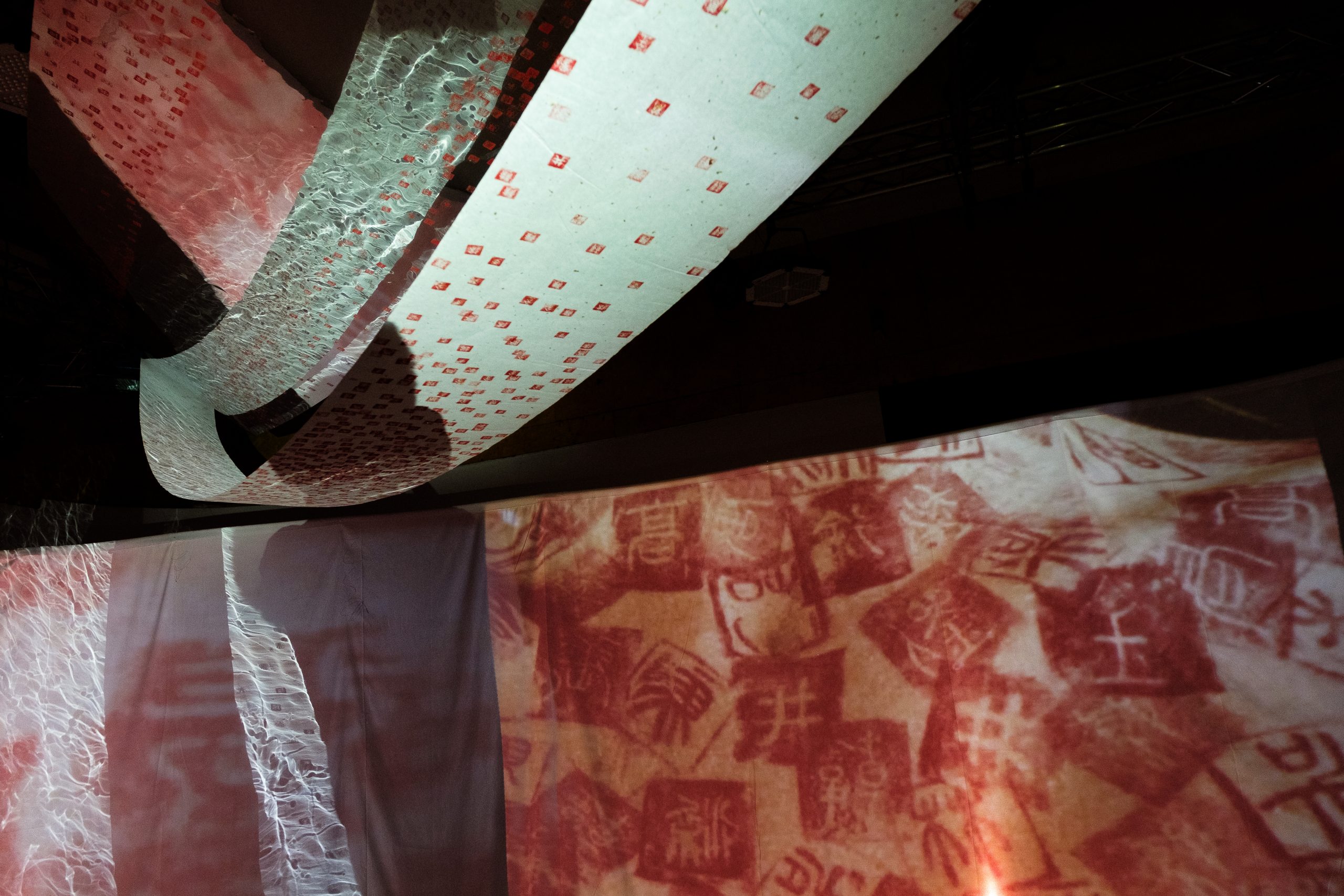
Website: https://www.ashleymuyanpei.com/
Instagram: @bshley_peieiei
Image Credits
Yuang Li, Hongzhou Wan
